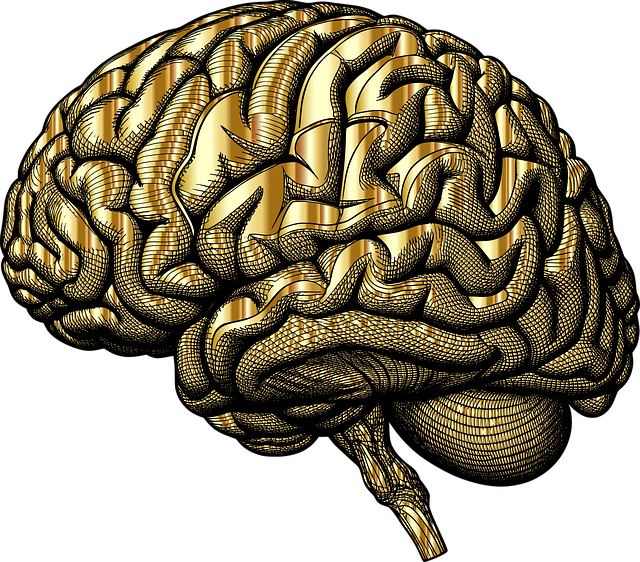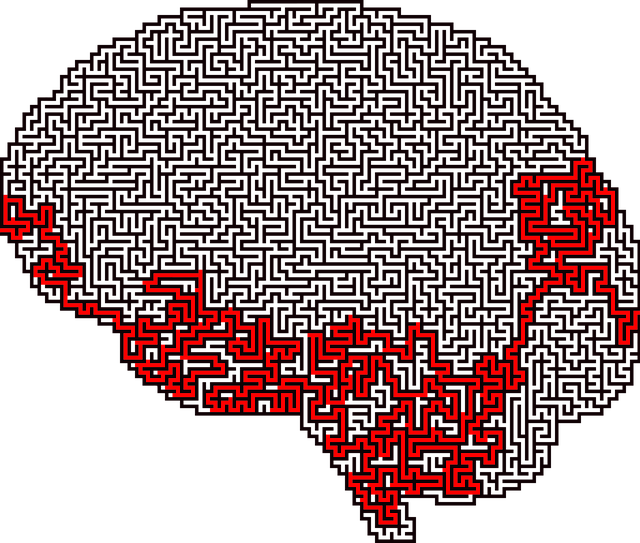Parker Functional Neurological Disorder Therapy (PFNDT) offers a unique, holistic approach to mental health treatment by focusing on underlying neurological issues and functional disruptions in the brain. Through comprehensive assessments considering environmental stressors and past traumas, PFNDT identifies tailored strategies for symptom management and healing. This personalized therapy boosts self-esteem, develops resilience, and aligns with individual cultural backgrounds, empowering individuals to actively participate in their treatment journey, even for complex conditions like Burnout Prevention, ultimately improving quality of life.
Mental illness diagnosis can be a complex journey, often shrouded in confusion and stigma. This comprehensive guide aims to demystify the process, offering insights into understanding various mental health conditions. We delve into the significance of Parker Functional Neurological Disorder Therapy (PFNDT) as a specialized approach to treatment. Additionally, we explore strategies for navigating diverse treatment options, leveraging support systems, and cultivating resilience through self-care techniques, empowering individuals to manage their mental health effectively.
- Understanding Mental Illness Diagnoses: A Comprehensive Overview
- The Role of Parker Functional Neurological Disorder Therapy
- Navigating Treatment Options and Support Systems
- Building Resilience: Self-Care Strategies for Daily Life Management
Understanding Mental Illness Diagnoses: A Comprehensive Overview

Mental illness diagnoses can often feel overwhelming and confusing for individuals seeking support. Understanding your specific condition is a vital step in navigating treatment options effectively. Parker Functional Neurological Disorder Therapy (PFND) recognizes that mental health challenges may stem from underlying neurological issues, offering a unique perspective on diagnosis and care. This approach focuses on identifying and addressing functional disruptions in the brain, providing tailored strategies to manage symptoms and promote healing.
Comprehensive assessments are key to this process, considering factors like environmental stressors, past traumas (which often require Trauma Support Services), and individual coping mechanisms. By understanding these elements, PFND aims to empower individuals to develop inner strength and resilience. This holistic approach to mental illness diagnosis encourages patients to actively participate in their treatment journey, fostering a sense of agency and hope for a brighter future, even when facing complex conditions like Burnout Prevention.
The Role of Parker Functional Neurological Disorder Therapy

Parker Functional Neurological Disorder Therapy (PFNDT) plays a pivotal role in navigating mental illness diagnosis and treatment. This therapeutic approach focuses on improving function and quality of life by addressing the physical, cognitive, and emotional aspects of neurological disorders. PFNDT incorporates communication strategies tailored to each individual’s needs, fostering better expression of symptoms and enhancing relationships with healthcare providers.
Through this method, clients experience significant improvements in self-esteem improvement, enabling them to manage their mental health more effectively. Moreover, the therapy emphasizes cultural sensitivity in mental healthcare practice, ensuring that treatment aligns with the client’s background and beliefs. This holistic approach not only facilitates accurate diagnosis but also promotes inclusive and effective treatment plans, ultimately enhancing patient outcomes.
Navigating Treatment Options and Support Systems

Navigating treatment options for mental illness can be a complex and often overwhelming process. With various therapeutic approaches available, such as Parker Functional Neurological Disorder Therapy, individuals seek guidance to find the most suitable path. This journey involves exploring different therapy types, understanding their benefits, and considering personal preferences. Many turn to mental health professionals who can offer specialized knowledge and support in this decision-making process.
Building a robust support system is equally vital for successful treatment. Encouraging friends and family play a significant role in fostering mental wellness. Moreover, joining support groups or seeking coaching programs focused on emotional well-being promotion techniques can provide valuable resources and encouragement. These networks offer a sense of community, helping individuals feel less isolated during their mental health journey.
Building Resilience: Self-Care Strategies for Daily Life Management

Building resilience is a key component of managing mental illness effectively, and self-care plays a pivotal role in this process. Individuals with mental health conditions, such as Parker Functional Neurological Disorder (PFND), can benefit greatly from incorporating structured self-care strategies into their daily routines. Simple yet powerful practices like regular exercise, mindfulness meditation, and maintaining a balanced diet can significantly improve overall well-being and emotional stability. These activities help reduce stress, enhance cognitive function, and promote better sleep patterns—all essential factors in managing symptoms of PFND and similar disorders.
Social Skills Training and Emotional Intelligence are other crucial aspects to consider. Engaging in social interactions and cultivating emotional awareness can foster a sense of belonging and understanding. Support groups or one-on-one therapy sessions dedicated to these skills can empower individuals with mental health conditions, enabling them to navigate social environments with confidence. By combining self-care practices with targeted interventions like Social Skills Training and Emotional Intelligence development, individuals can build resilience, improve their quality of life, and effectively manage their mental health journey.
Mental illness diagnosis and treatment can be a complex journey, but with the right tools and support, individuals can navigate this path effectively. From understanding comprehensive overviews of mental health conditions to exploring innovative therapies like Parker Functional Neurological Disorder Therapy, there are numerous resources available. By delving into various treatment options and building resilience through self-care, one can foster a sense of control and improve overall well-being. The key lies in accessing the right assistance and embracing strategies that empower individuals to manage their mental health actively.














